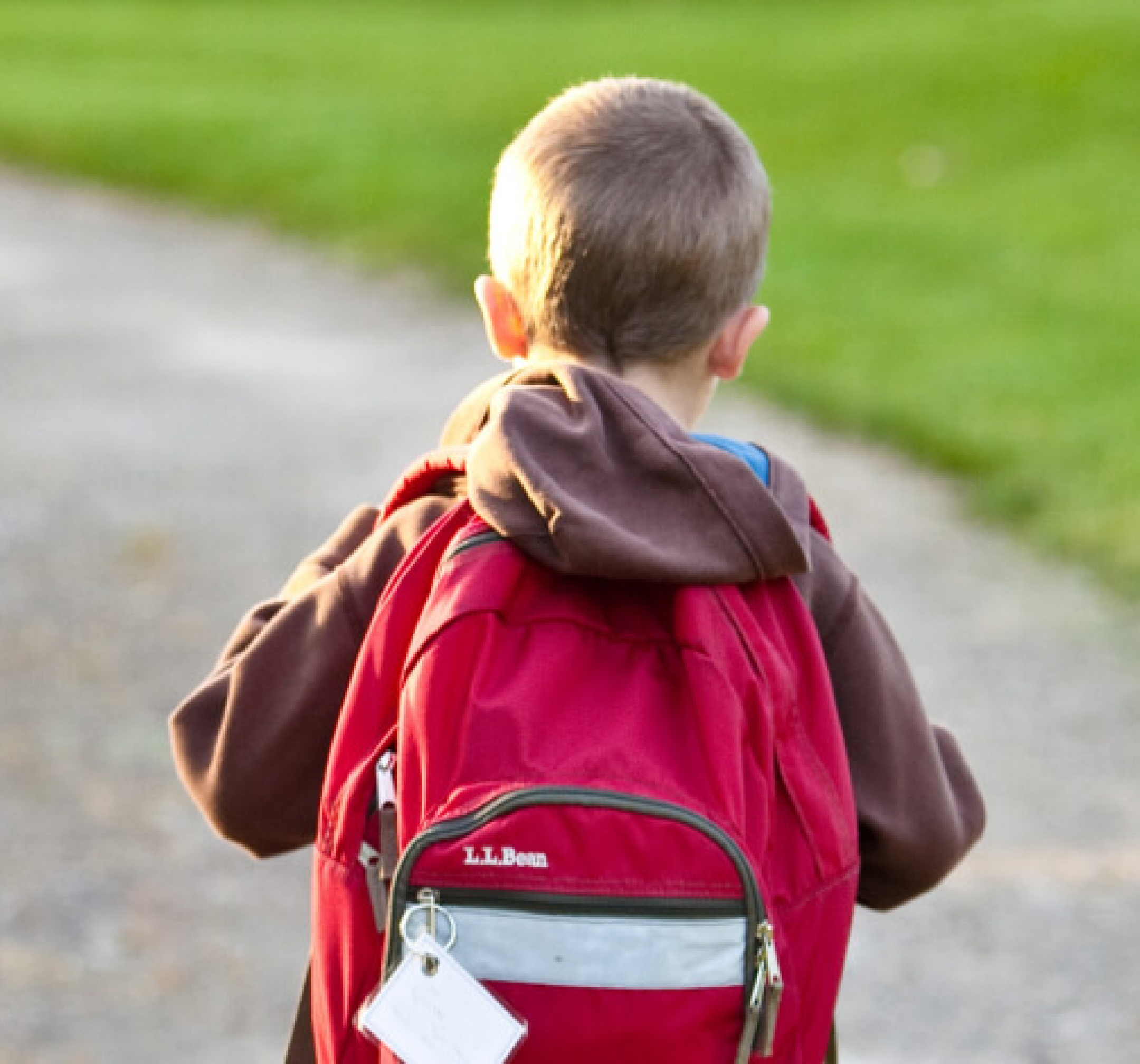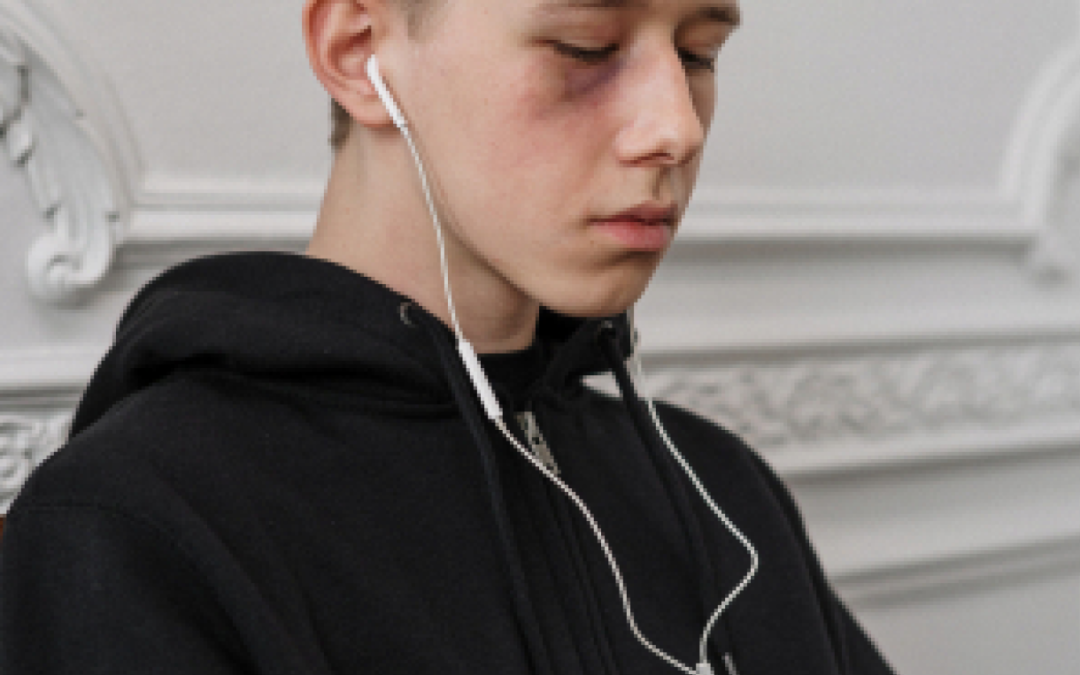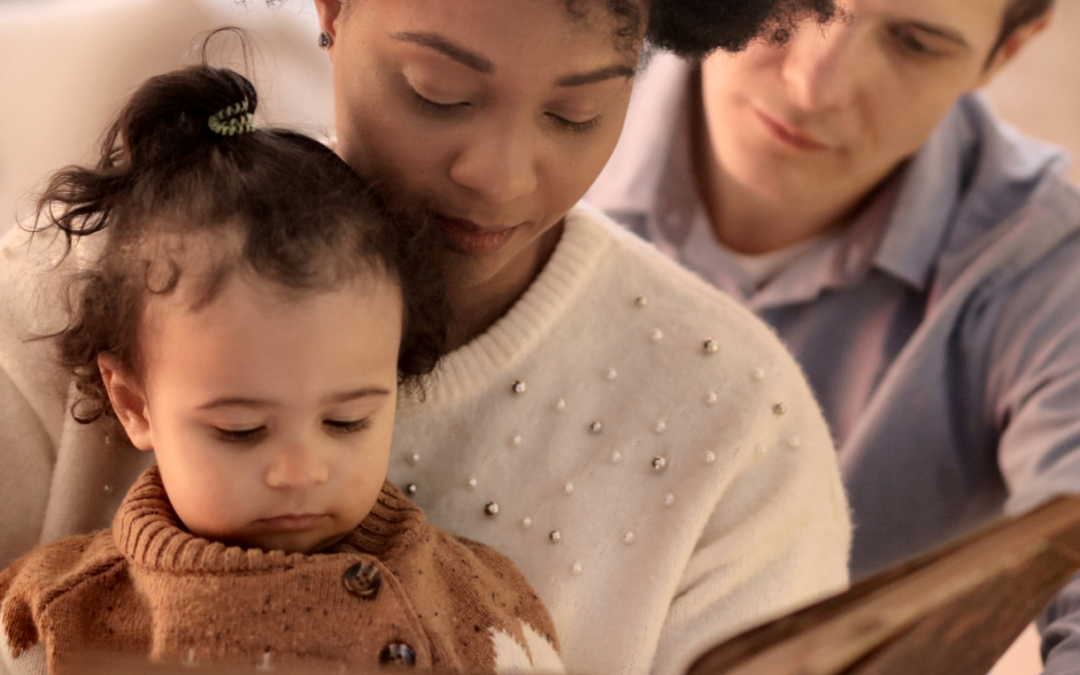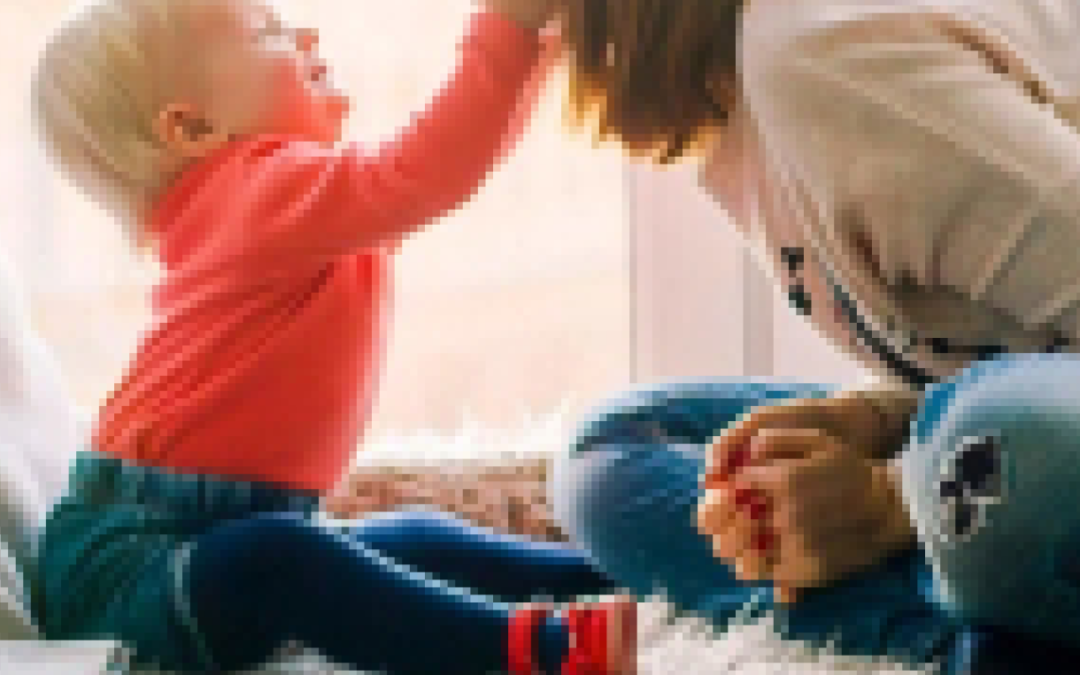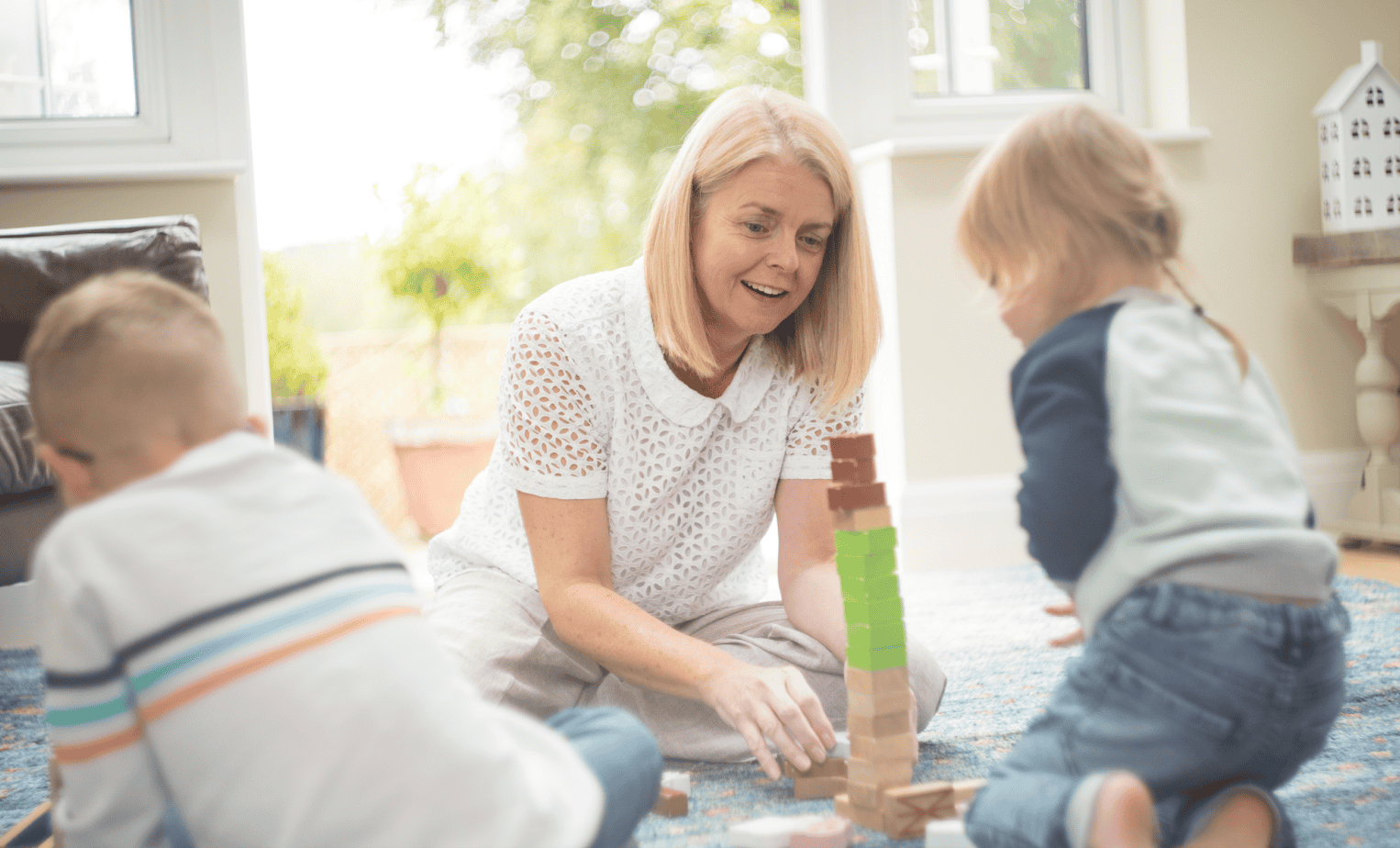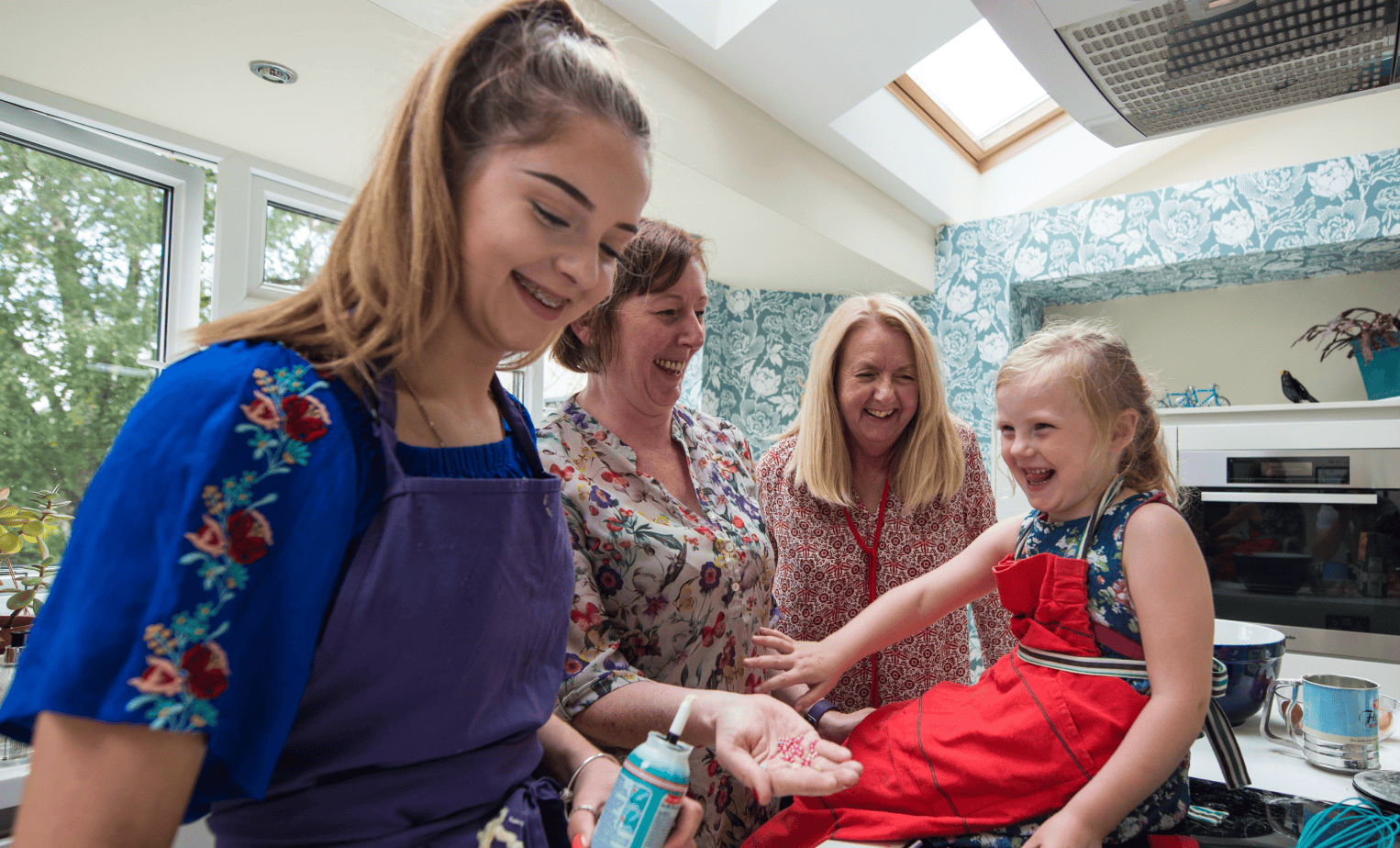Our challenging times
Many parents saw this, at least initially, as very challenging. Yes, some schools remained open for some pupils, but the majority were out of school, out of their familiar routine and no longer able to be with their friends.
For these reasons, many people are looking forward to getting back into a routine and the children returning to school or nursery. That said though, there will be many parents and children who are faced with anxiety and concerns about what school will be like now and how different everything will be.
There has been so much conflicting information in the media, with respect to how the government is approaching the return to school and from the schools themselves. This has made it hard for parents and carers to know how to handle the return to school and what to do about any fears or concerns that children may have.
In our experience, we have seen that the time of lockdown has enabled many families to build stronger closer relationships. Routines at home have become more relaxed and whilst it has not always been easy having enforced time together, it has enabled in many cases time to build stronger connections and therefore better relationships with each other. A lot of young people have thrived in lockdown.
But home life changed during lockdown, for some, it changed absolutely beyond recognition. For some it became less frenzied (not having to balance the busy work, home, and childcare routines quite so frantically) and therefore for some it has been a less stressful time in some ways.
For lots of families, returning to how they were, pre-lockdown, is not something that they are looking particularly forward to, yet there is an appreciation that we have to enable some sort of normality and we are encouraged by the government and their advisors that returning to school is a part of this.
Mixed messages have prevented many parents from being able to start the planning ahead that happens each year in August, planning uniforms and preparing children to start a new class. This year, more so than ever before, we feel that parents and carers need to ensure that children are feeling ok about their return to school. It is important where possible for families to plan and for parents and carers to prepare themselves for the anxieties they themselves may feel too. Children are very likely to experience physical changes around the school buildings when they return to school but they are also likely to experience changes at home too, because as a family, they will have adapted to a new normal during lockdown and the return to school will potentially change the daily routines again at home.
It is reasonable to expect that some parents and their children may struggle with separation again after over 5 months together. Many of us have been strict about social distancing, and cautious about not visiting others, we have been wearing masks and being scrupulous with hand washing, all of which adds to our anxiety when thinking of returning our children to school with the possibility that social distancing and behaviour will not be followed in the same way. For children who have become used to restrictions being in place, changes to this, may come as an unwelcome surprise. It is a good idea to prepare children in time for how things are going to work in their particular school.
Ideas and suggestions to reduce fears that children may have about returning to School
Because everything is changing as part of the emerging situation, it is challenging to plan far ahead with absolute certainty but it is important that children understand that there is a plan but the plan doesn’t mean that everything will be how it had been before. For example, they may not be with the same teacher all the time, in the same classroom or with their familiar class friends.
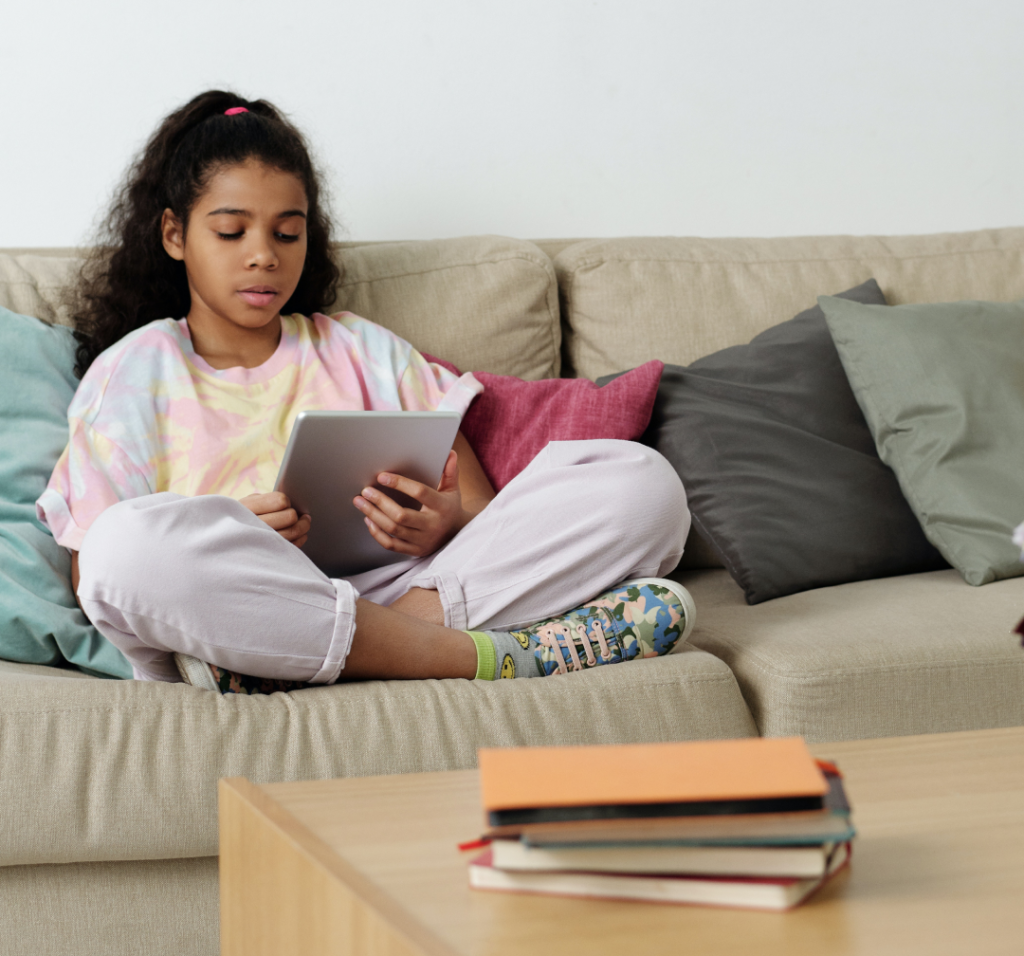
Whilst it is very hard, we have to try and reassure children that everything will be fine and that they will eventually get used to any changes and let’s face it none of us really like too much change all at once, but we eventually adapt. Parents generally like to be able to answer their children’s questions and provide certainty for them, but at times like these, it is not always possible. It is okay for parents and carers to say to their children that they are unsure of how it is likely to be, but try and share what is similar to what the children have become used to, in order to help them feel in control of some areas of their new day. Saying where parents and carers will meet their child at the end of their day and what time they will pick them up, will help them to feel better about the day.
- Where possible it is a good idea for parents and carers to contact school and ask about the arrangements in place, so that they can explain and reassure children about the details. It would be great for parents to find out and share with the child where they will have their lunch and how playtimes might be. As a parent with knowing this information, they may also feel more in control of themselves and knowledgeable about their child’s day at school thus helping them to feel that they can reassure their children and thus hold their own anxiety as a parent or carer too.
- Parents and carers should be encouraged to talk to their children about how the children may feel with things being different to what they had become used to. Schools are trying to work with bubbles of children being together and this might mean that some children are not with all their close friends. In talking about how their child might handle that situation parents and carers will help them prepare for it in case it happened. Most children will engage with this and will understand if everything is explained clearly. It’s good for a parent or carer to share with the child, that they understand that it may be a bit difficult at first but that with time it should become easier, and that they want to help if they are worried.
- It’s important to support what the schools are trying to achieve. For example where the child’s school is encouraging mask wearing, it’s a good idea for parents to teach their child how to put the mask on correctly and how to remove it to eat their lunch or when they go outside to play. Where a child struggles with mask wearing, parents and carers can help the child to feel more comfortable with the idea, by making it into a fun game. There are lots of fun ideas, one we liked and suitable for younger children, was pretending that the mask gives the child superpowers so it would be best to keep it on, and that touching their face or someone else would reduce their superpower.
- Remind children of the importance of handwashing. Practice this with them as a fun thing to do.
- Make a plan with other parents of children that their child is friends with and share ways of how they can greet each other, other than the usual hugging. Engage children in coming up with fun ideas too.
- Just like any other time at school, it is important to explain to a child that it is okay to speak with the teacher if they are worried, anxious, have a problem or are scared.
- We advise parents and carers to talk positively about going back to school, focusing on the good things, like seeing their friends, their teachers, and doing the fun activities they enjoy the most.
- Teachers just like parents and carers, will have challenges and fears too. The teachers will want to make their learning environment safe as well as productive for children. Teachers are finding new ways to do things, so helping them to help children will be very important. If a parent or carer feels their child is struggling in any way, they should find time to share this with the child’s teacher. The teacher will want to help, as their priority is to make sure that children have access to what they need and to ensure that they are academically and emotionally ok.
- Teachers have become increasingly flexible in their approaches so will want parents and carers to raise concerns. It may be that parents and carers are not allowed into the school directly, in which case parents and carers should try and find out the best way to make contact when sharing concerns with teachers and be prepared for teachers calling or emailing them. It is advisable to be patient as this may be an additional thing for teachers and there are likely to be lots of parents and carers wanting to share things with teachers.
It has been challenging over the last 6 months for everyone and each of us have had our own way of coping, but it’s important to be polite and kind and try to understand everyone else and encourage children to do the same. We advocate being curious and seeing behaviour as communication. This is a good time for us all to practice curiosity and being open to new ways as we are yet to get through the impact that Covid-19 has had on us all. Above all we all need to try to remain positive and upbeat, especially when talking to children about going back to school, they feel so much of what those around them feel and whilst as parents and carers we aim to protect them from everything, we are human, and as such we can only do what we can, but that is usually more than enough.
